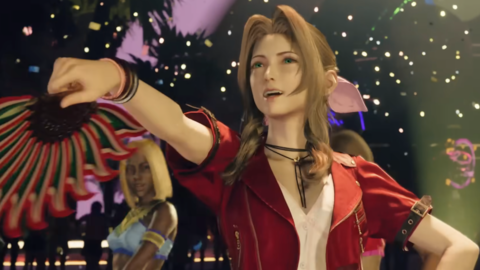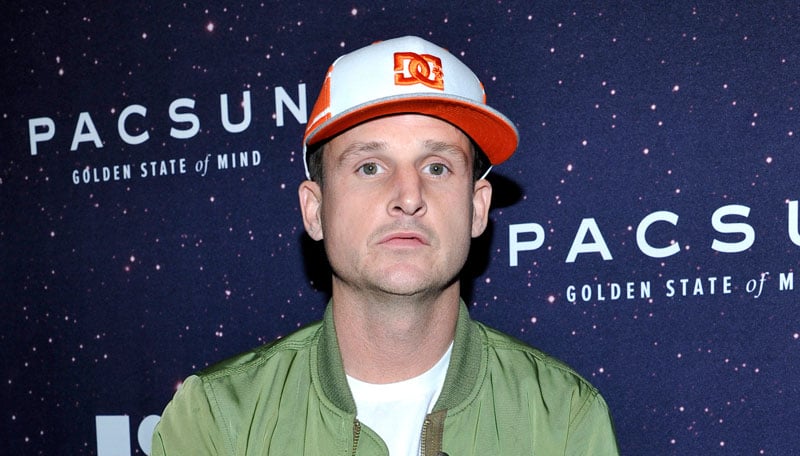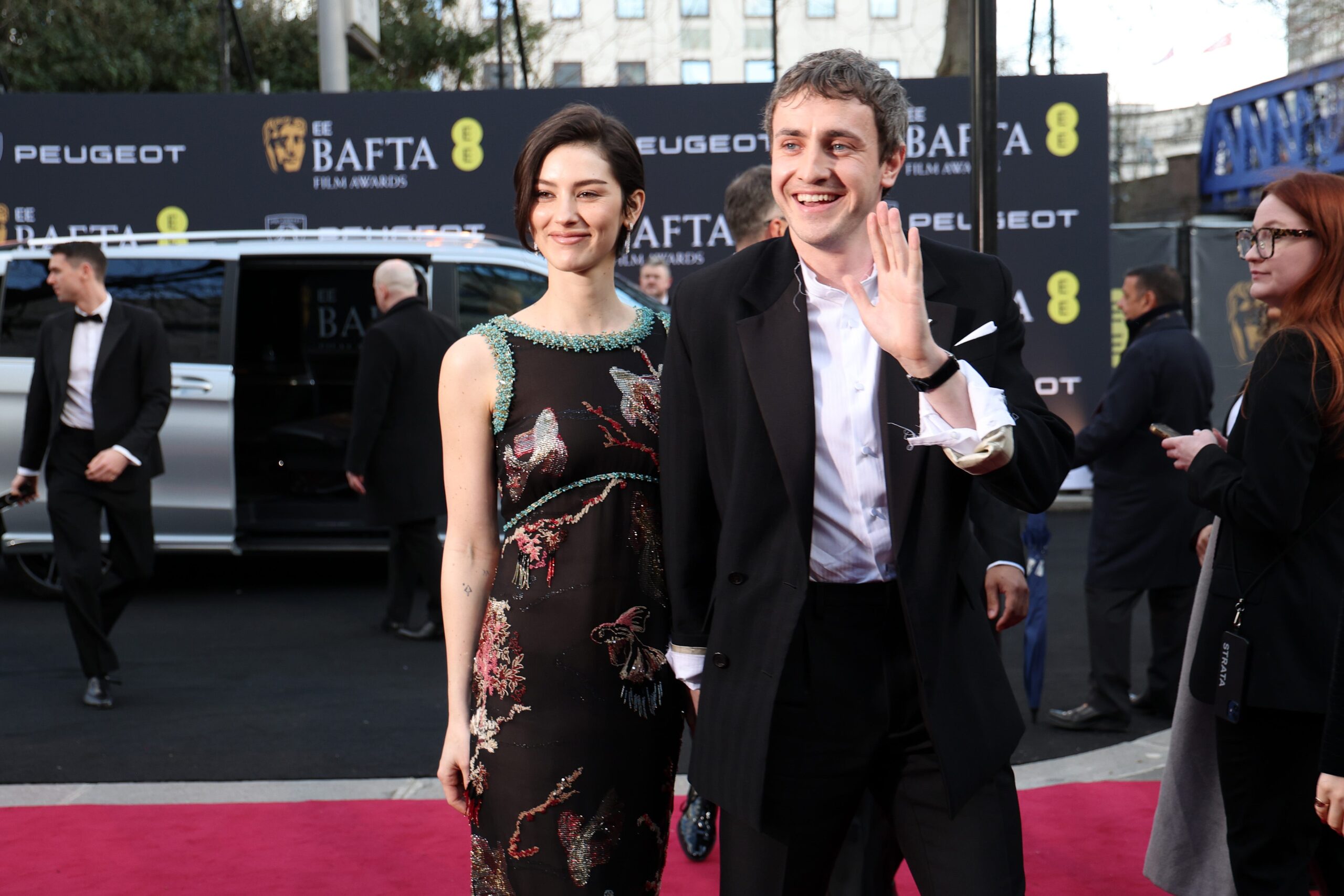Nobuo Uematsu, the renowned composer of the Final Fantasy series, has publicly stated his intention to avoid using artificial intelligence in music creation. In an interview with JASRAC Magazine, Uematsu acknowledged the potential benefits of AI in gaming, particularly for enhancing transitions in music, but he remains uninterested in employing generative AI to compose new pieces.
Uematsu expressed a strong preference for the personal journey of music creation. “I’ve never used AI and probably never will. I think it still feels more rewarding to go through the hardships of creating something myself,” he remarked, as reported by Automaton. He emphasized that part of the enjoyment of music lies in understanding the background of its creator, a quality he feels AI lacks.
Uematsu’s Perspective on Live Music and AI
In his discussion, Uematsu also highlighted the unique characteristics of live performances. He described them as inherently “unstable,” where “fluctuations and imperfections” contribute to the music’s appeal. This perspective underscores his belief that the human element in music creation cannot be replicated by machines.
While Uematsu remains cautious about AI, the president of Square Enix, Takashi Kiryu, has taken a different stance. In a statement made in 2024, Kiryu outlined the company’s ambition to aggressively adopt AI technologies, suggesting that generative AI has the potential not only to reshape creative output but also to transform the processes of game development, including programming.
The topic of AI in gaming has sparked significant debate within the industry. While some, like acclaimed game designer Hideo Kojima, advocate for embracing AI’s capabilities, others express concerns over its implications for creativity and job security.
Developers’ Use of AI in Gaming
A survey conducted in 2024 among game developers worldwide revealed that a majority are currently utilizing generative AI systems to aid in game production. This trend indicates a growing acceptance of AI technologies among industry professionals, despite ongoing discussions regarding the ethical and creative ramifications of such tools.
As the conversation around AI continues to evolve, Uematsu’s commitment to traditional music creation stands as a reminder of the enduring value of human creativity in the arts. His insights reflect a broader tension in the gaming industry as it navigates the challenges and opportunities presented by advancing technologies.







